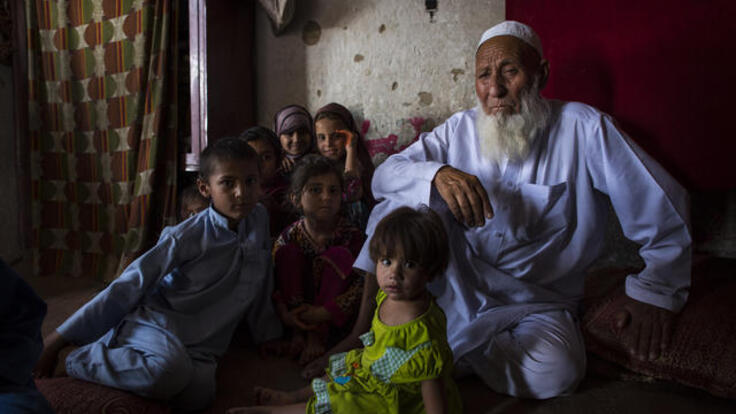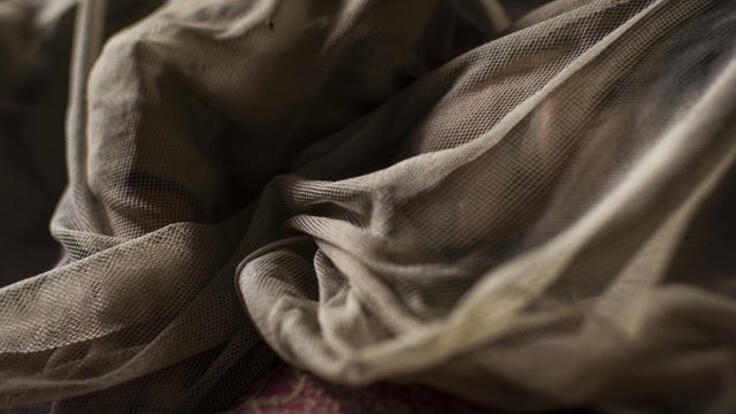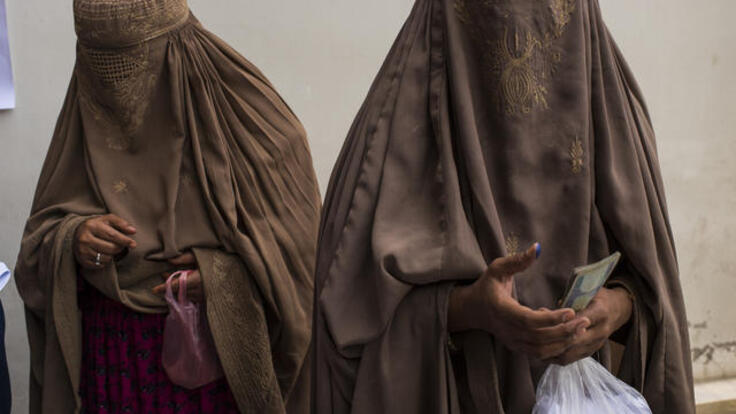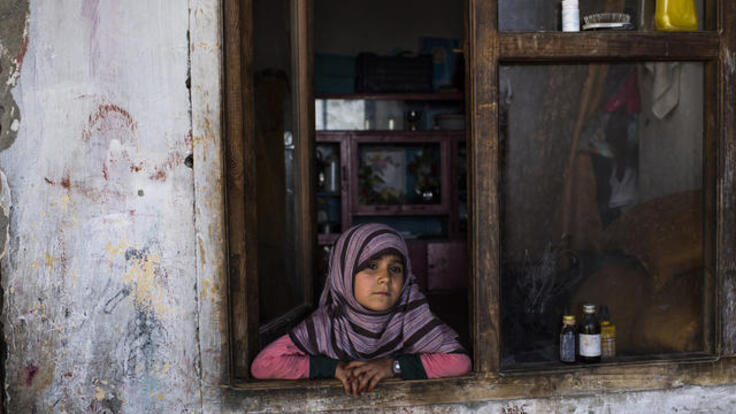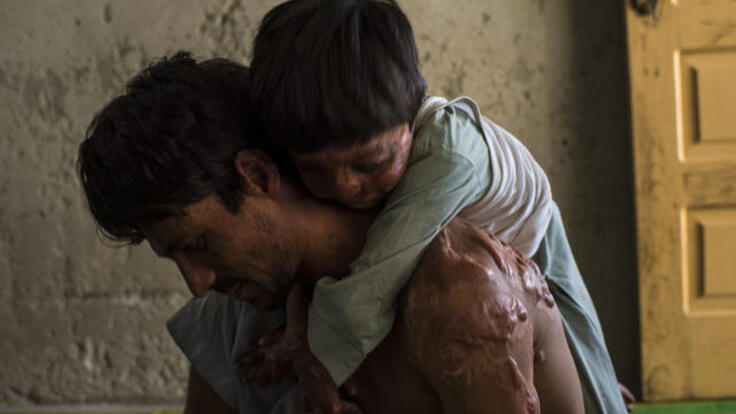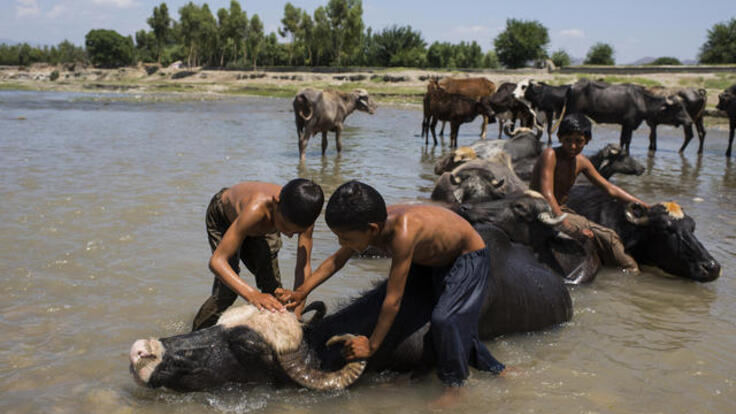Since the 1970s, millions of Afghans have fled to Pakistan to escape ongoing violence and natural disaster. They’ve found safety, built families and restarted their lives. However, many are now being forced to return.
The border between Afghanistan and Pakistan has historically been easy to cross. One million registered Afghan refugees and 1.5 million undocumented Afghan refugees were estimated to be living in Pakistan at the start of 2016. But after thirty years hosting them, Pakistan’s government is concerned that Afghans are linked to terrorism and are putting a strain on the economy.
Pressured to leave, more than 600,000 refugees have already repatriated to Afghanistan. Those who remain are threatened with deportation, and fear being separated from their families, homes and careers. International humanitarian agencies expect at least a half-million or more to return in 2017.
It’s a refugee problem that is being pushed onto a country that stands no chance of ever solving it.
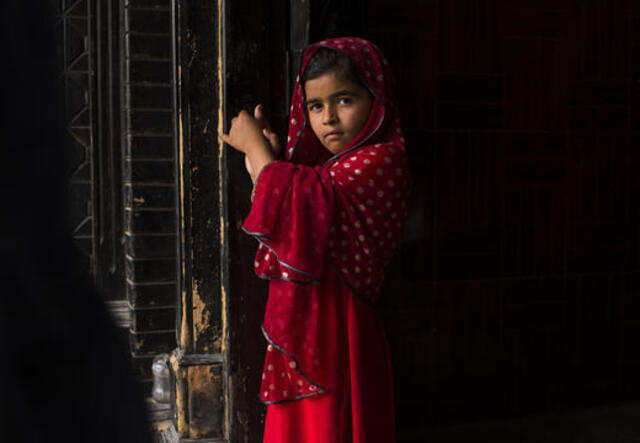
Afghanistan remains one of the most violent and unstable countries in the world, caught in a losing fight against both ISIS and the Taliban. Displacement is now at an all-time high, with one million people uprooted inside their own country and three million seeking safety in other countries. With 70 percent of Afghans living in chronic poverty and unemployment standing at 40 percent, the nation is not economically or politically prepared to support an influx of returning refugees.
As the situation inside Afghanistan deteriorates, options for safe haven become increasingly slim. Afghans are the second-largest group behind Syrians to try to seek safe haven in Europe, but its flailing asylum and resettlement system remains inaccessible these “second-class” refugees.
Many of the refugees who are returning to Afghanistan have lived in Pakistan for decades, and will need support from the government and aid groups as they try to find shelter, jobs and schools. Those born in Pakistan will be caught between cultures, unsure of whether to identify with their ancestry or the land where they were raised.
The International Rescue Committee has been supporting the Afghan people for nearly four decades as they endure displacement and poverty. We’ve now begun scaling up our response in the form of emergency assistance. The IRC is aiding returning refugees on both sides of the border with: cash for rent; child protection services, including safe spaces for learning and play; shelter and relief supplies, such as tents, soap and water; emergency education in the form of community-based teaching, and legal aid in registration and obtaining official documentation.
